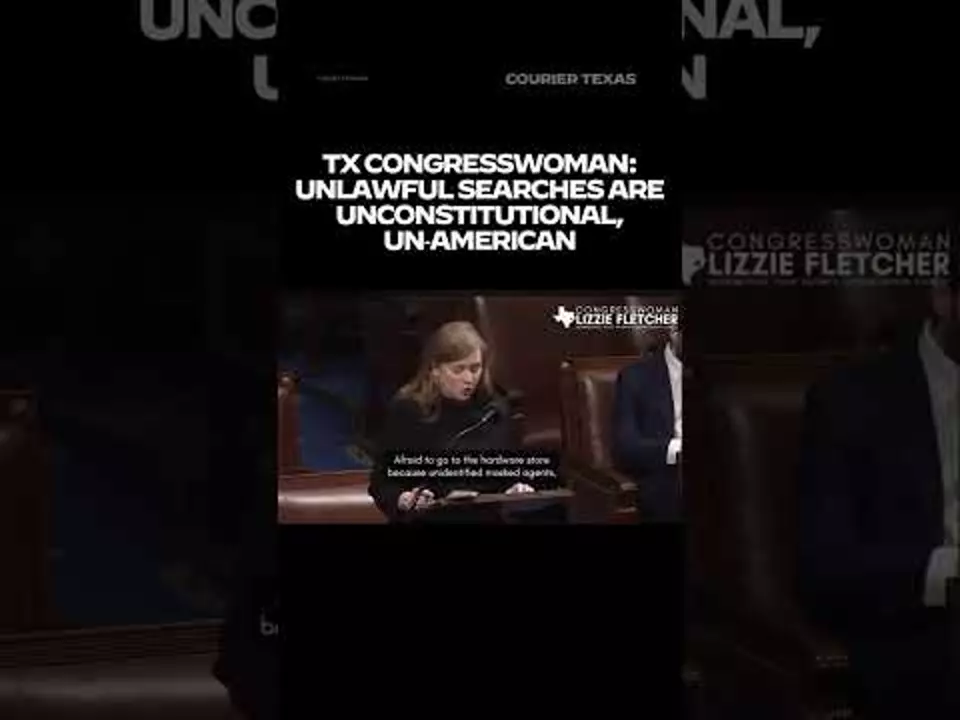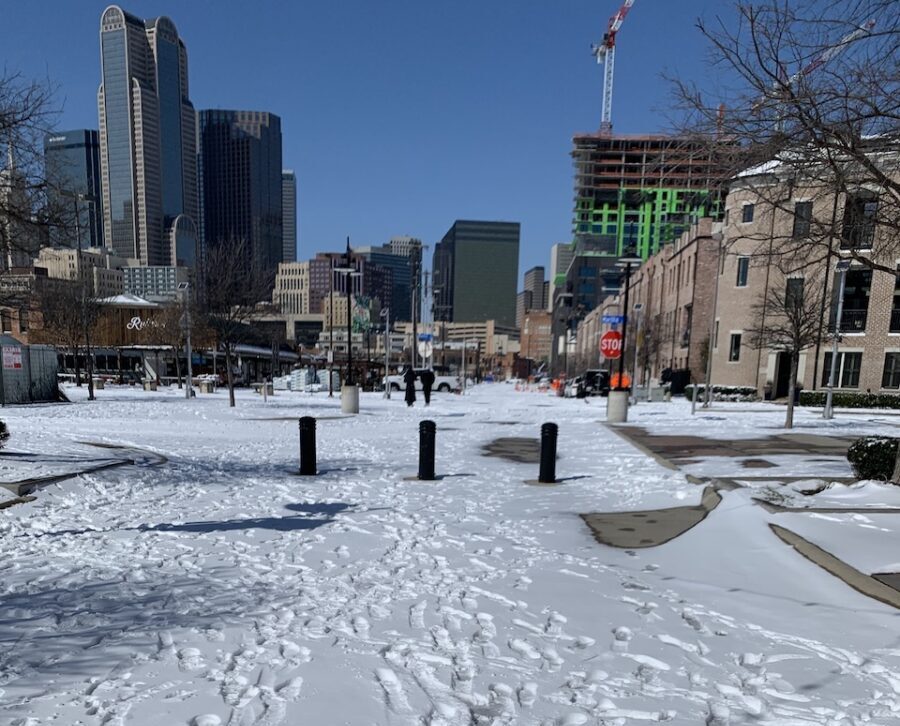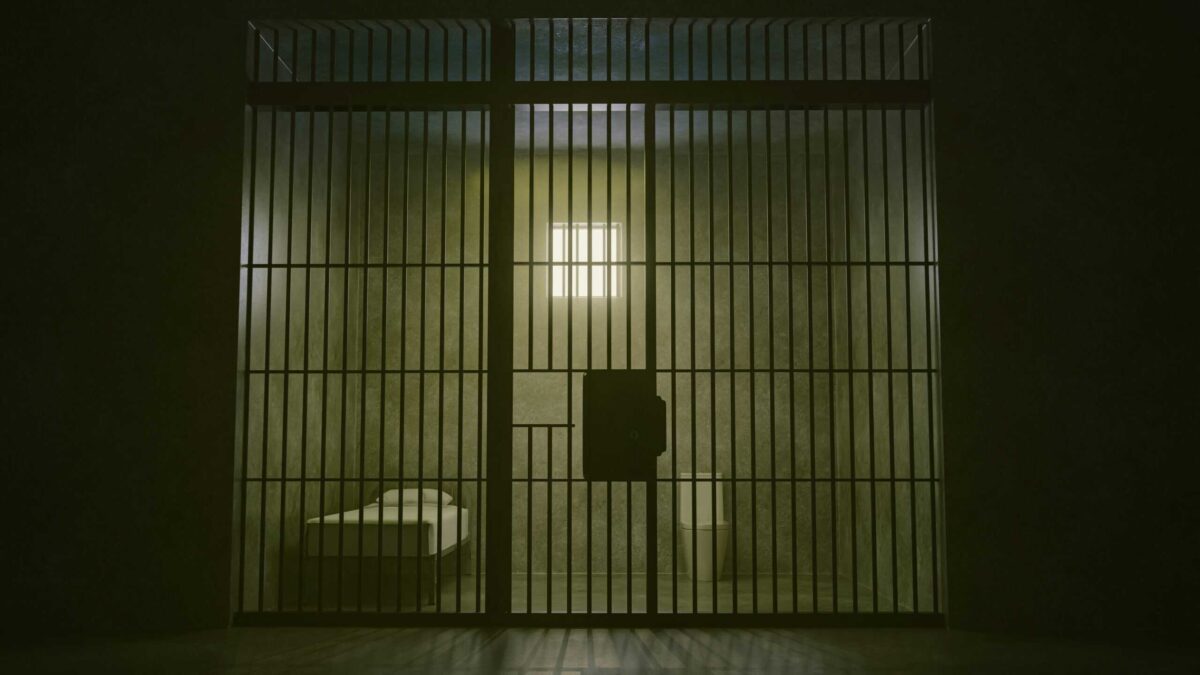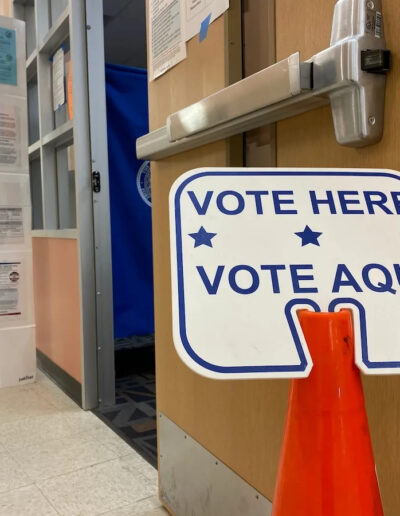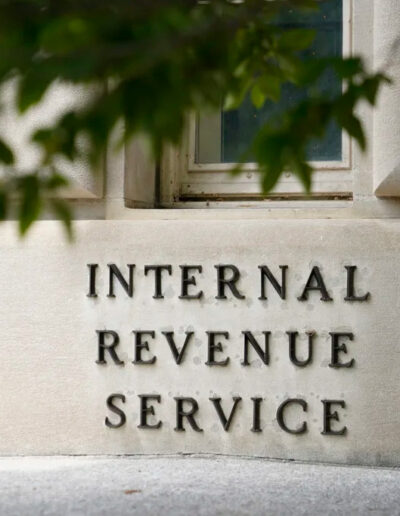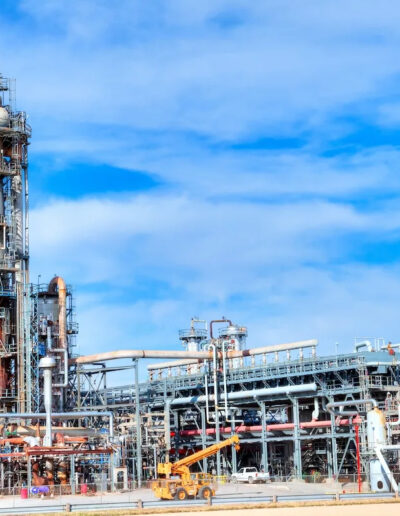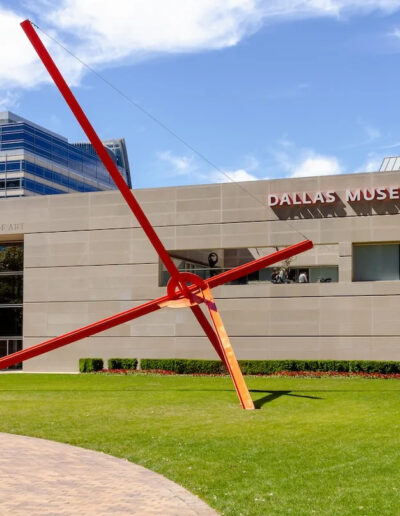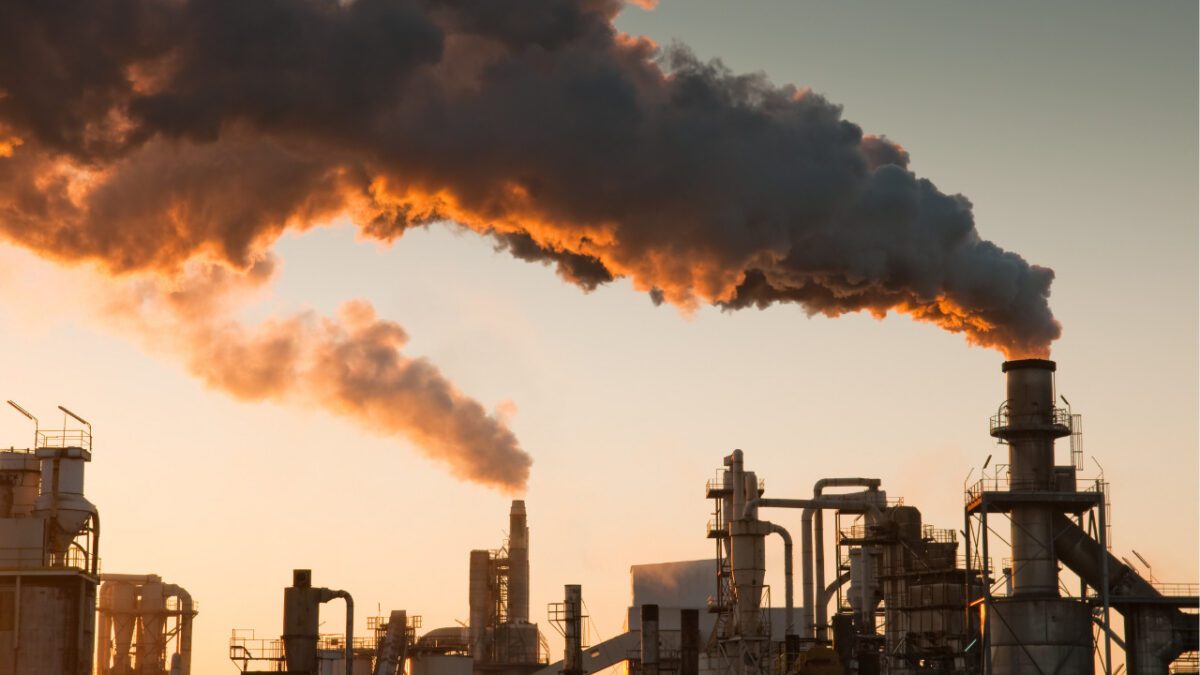
Between a bustling population, long commutes, industrial activities, and the limited public transportation access, it’s not too surprising that the Dallas-Fort Worth area ranks as the 10th-worst city for ozone pollution. That’s according to the American Lung Association’s 2025 air quality report, which in 2024 ranked DFW at no. 13. The report collects data on smog—the air pollutant affecting the largest number of people in the United States—and North Texas has a lot of it. The region has already seen more than 20 ozone days in 2025.
What’s the issue
Smog forms when pollutants from activities such as driving, factory operation, and burning fossil fuels (heating and cooling) interact with sunlight. In a warmer climate like North Texas, it can be easier for smog to form. Children, seniors, people with respiratory conditions, and outdoor laborers are most at risk for health problems, and prolonged exposure to smog can cause issues from allergies to lung cancer. There are also environmental impacts—smog can block sunlight, which harms vegetation. Air pollutants can even speed up the deterioration of bridges and buildings.
Cleaning up the region
Some cities have taken action in collaboration with Air North Texas to address poor air quality. Grand Prairie set ambient air and emission standards and incorporated electric vehicles in the city’s fleet. Dallas has a community air management program, in which air monitors, operated by regulatory government agencies, are used to measure air quality to see if pollution levels meet federal and state air quality standards. There are currently nine locations in Dallas County used to monitor a variety of pollutants, and progress reports are available online.
In 2024, the city of Denton adopted its inaugural climate action plan as part of a goal to reach net-zero emissions by 2050.
The North Central Texas Council of Governments formed the Air Texas Coalition, an effort that seeks to build community awareness and inspire action to improve air quality. In addition to distributing resources and coordinating programming, the coalition sends alerts when pollutants such as ozone cause air quality to reach an unhealthy range. Ozone Action Day alerts, which issue a warning for high levels of ozone that day, are common in North Texas.
What you can do
The coalition urges North Texans to engage in habits that promote clean air and conserve energy. Working from home, bicycling or walking, avoiding rush hour traffic, and using mass transit, like Dallas Area Rapid Transit (DART) or Denton County Transportation Authority (DCTA) trains and buses, can help reduce pollution. To conserve energy, residents can equip their homes with proper insulation and fans, and clean or replace air filters monthly. Natural light or LED bulbs are recommended for energy conservation. Residents are also encouraged to check their city website for local watering schedules.







